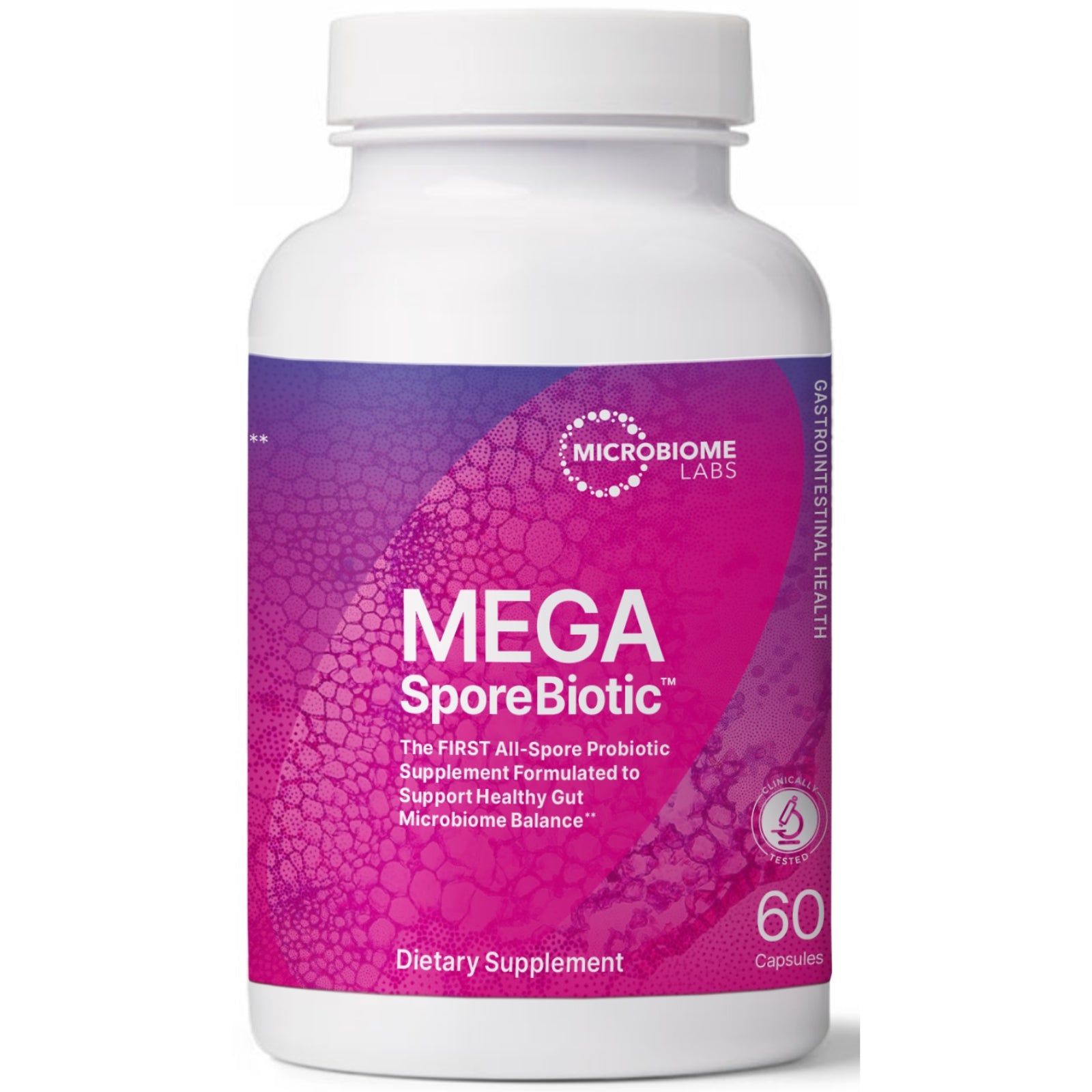
Electrolytes are minerals that carry an electric charge when dissolved in body fluids. They play a crucial role in maintaining fluid balance, nerve signaling, muscle function, and pH regulation. These charged particles are essential to almost every physiological process in the body.
Key Electrolytes and Their Functions
1. Sodium (Na+): Maintains fluid balance and supports nerve and muscle function.
2. Potassium (K+): Essential for heart and muscle contractions, regulates blood pressure.
3. Calcium (Ca2+): Strengthens bones and teeth, aids in nerve transmission and muscle movement.
4. Magnesium (Mg2+): Helps with muscle relaxation, regulates blood sugar and blood pressure.
5. Chloride (Cl-): Works with sodium to maintain fluid balance and helps with digestion.
6. Phosphate (PO4-): Supports bone health and assists in energy production.
How the Body Loses Electrolytes
Electrolytes are lost through sweat, urine, and bodily fluids. Heavy exercise, hot climates, diarrhea, vomiting, or certain medications can lead to significant electrolyte loss, resulting in imbalances that can impact your health.
Signs of Electrolyte Imbalance
- Muscle cramps or weakness
- Fatigue or lethargy
- Irregular heartbeat
- Dizziness or confusion
- Headaches
Benefits of Maintaining Electrolyte Balance
Hydration: Electrolytes regulate fluid levels inside and outside of cells, making them vital for proper hydration, especially during exercise or illness.
Muscle Function and Recovery: Balanced electrolytes help reduce muscle cramping and support contraction and relaxation, aiding post-workout recovery.
Nervous System Support: Nerve signals depend on electrolyte movement across cell membranes, improving mental clarity and neurological function.
Energy Production: Magnesium and phosphate are key in producing ATP, the body’s primary energy molecule.
Heart Health: Electrolytes help regulate heartbeat and blood pressure, supporting cardiovascular function.
Best Food Sources of Electrolytes
- Bananas (potassium)
- Spinach and kale (magnesium, calcium)
- Dairy products (calcium)
- Nuts and seeds (magnesium)
- Salt (sodium and chloride)
- Avocados (potassium)
Electrolyte Supplements: When and Why
Supplements are helpful for:
- Athletes with high sweat loss
- People with gastrointestinal illnesses
- Those on diuretic medications
- Individuals on low-carb or ketogenic diets
Choose quality electrolyte supplements with a balanced mineral profile and minimal added sugars. HiLifeVitamins offers curated options to support your electrolyte needs.
Electrolytes and Specific Lifestyles
Athletes and Fitness Enthusiasts: Replenishment is essential post-exercise to avoid fatigue, cramping, and dehydration.
Older Adults: Age-related changes in kidney function and fluid balance make older adults more prone to imbalances.
Low-Carb and Keto Dieters: These diets can lead to rapid fluid loss, making supplementation vital to avoid fatigue and cramps.
How to Choose the Right Electrolyte Product
- Check for a balanced blend (sodium, potassium, magnesium, calcium)
- Avoid high sugar content
- Look for added vitamins (like Vitamin C or B-complex)
- Opt for trusted brands
When to Take Electrolytes
- Before, during, and after workouts
- In hot or humid conditions
- During illness with vomiting or diarrhea
- When feeling fatigued or dehydrated
Conclusion
Electrolytes are essential for hydration, energy, and overall wellness. Whether you're an athlete, a health enthusiast, or managing chronic conditions, maintaining electrolyte balance is key. Make informed choices through diet and quality supplements to keep your body functioning at its best.
FAQs
1. Can I get enough electrolytes from food alone?
Yes, a balanced diet can meet most needs, but supplements may help in specific situations.
2. How do I know if I have an electrolyte imbalance?
Common signs include fatigue, cramps, and dizziness. Consult a healthcare provider for testing.
3. Are electrolyte drinks safe for kids?
Yes, in moderation and when needed—especially during illness or sports.
4. What’s the best time to take electrolytes?
Around workouts or during illness when fluid loss is high.
5. Is it possible to overconsume electrolytes?
Yes. Overuse, especially of sodium or potassium, can be harmful. Stick to recommended dosages.

